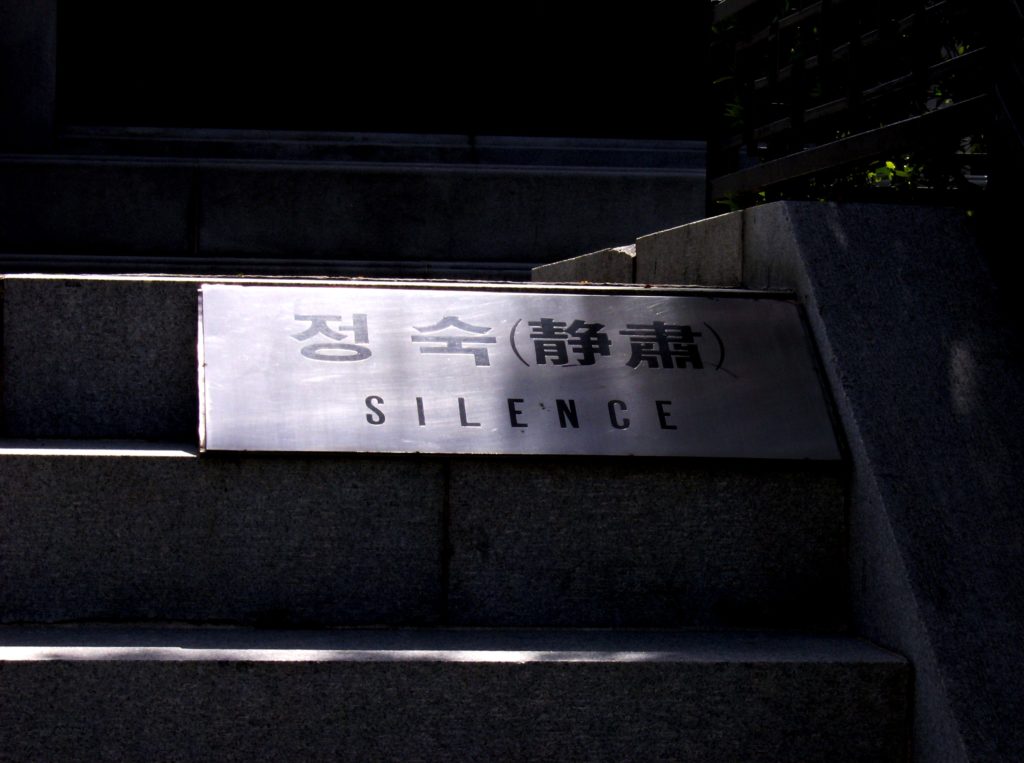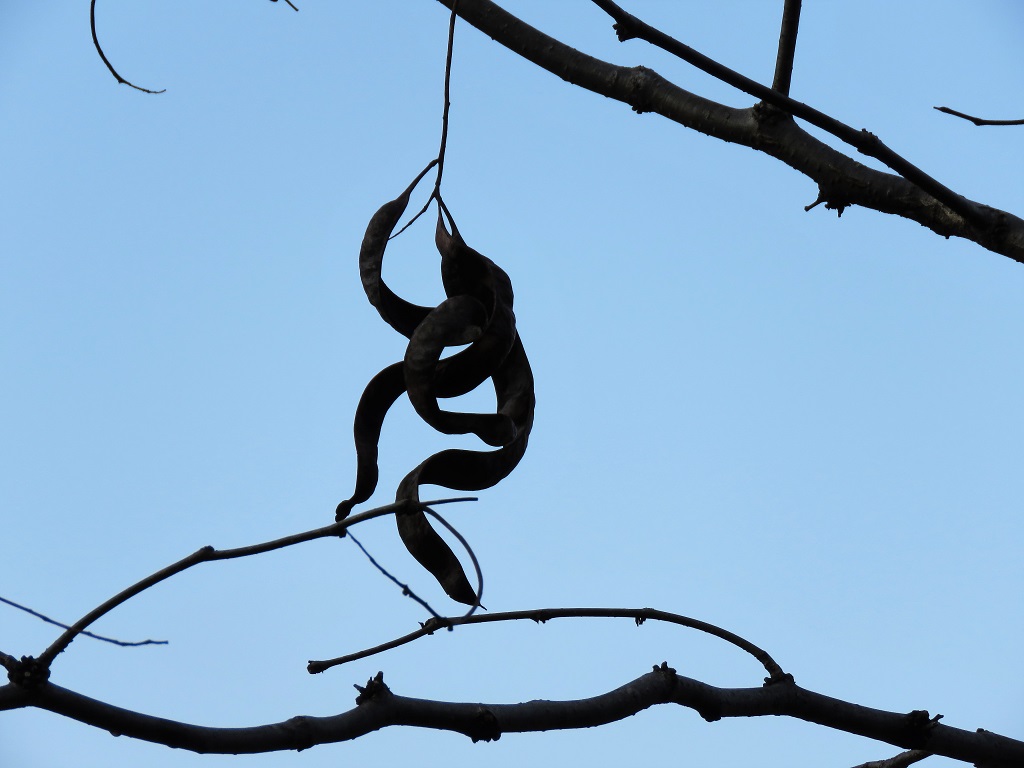Life Among the Humans
“I see you are alone, so you are not busy.” False. One is never busier than when alone, for then one is surrounded by the incessant demands of all those complex ideas and secret projects that tend to sit quietly in dark corners and leave you to your own devices when you are in the company of humans. “Are you busy this weekend?”...





